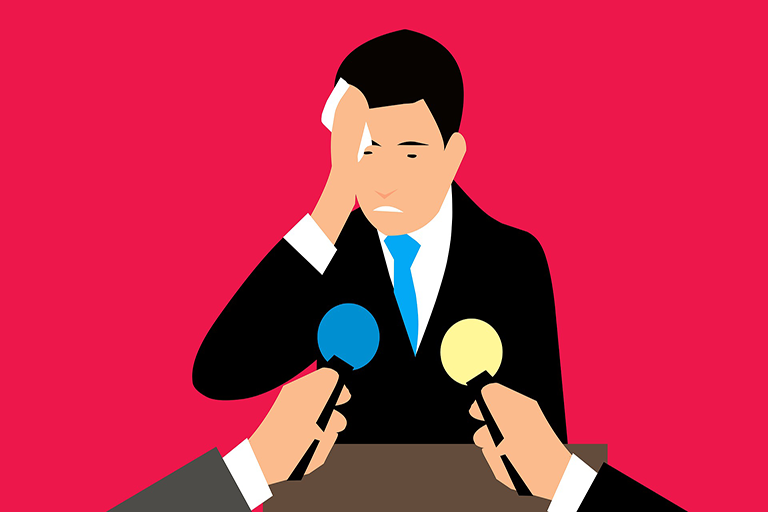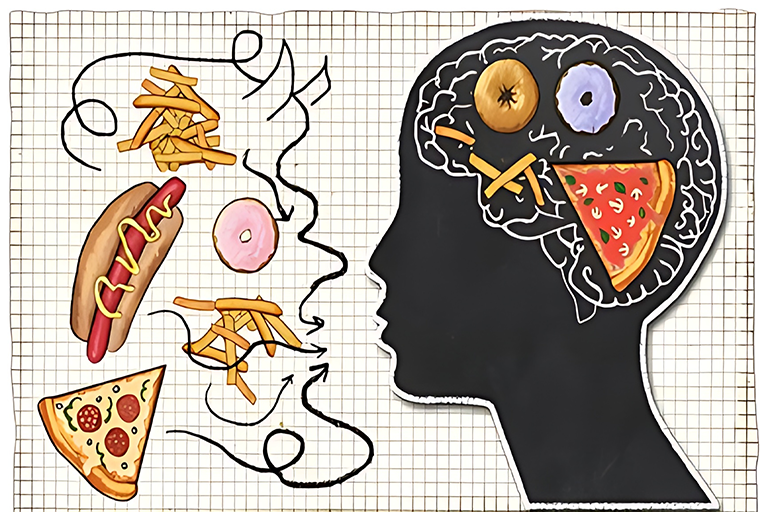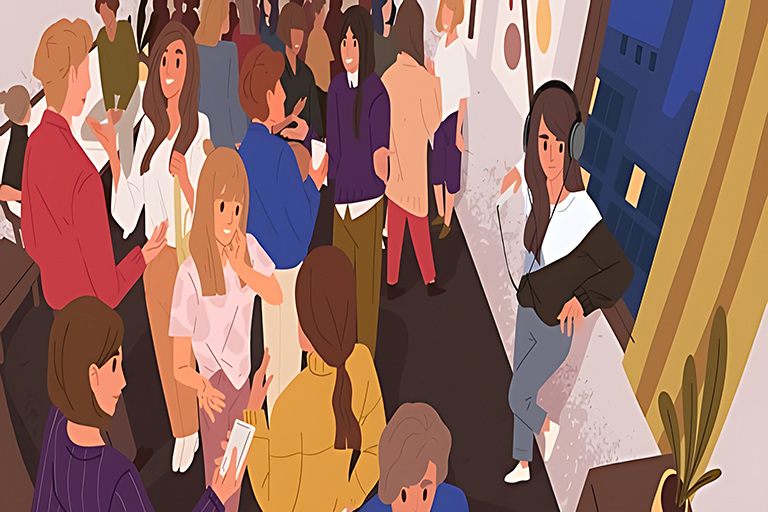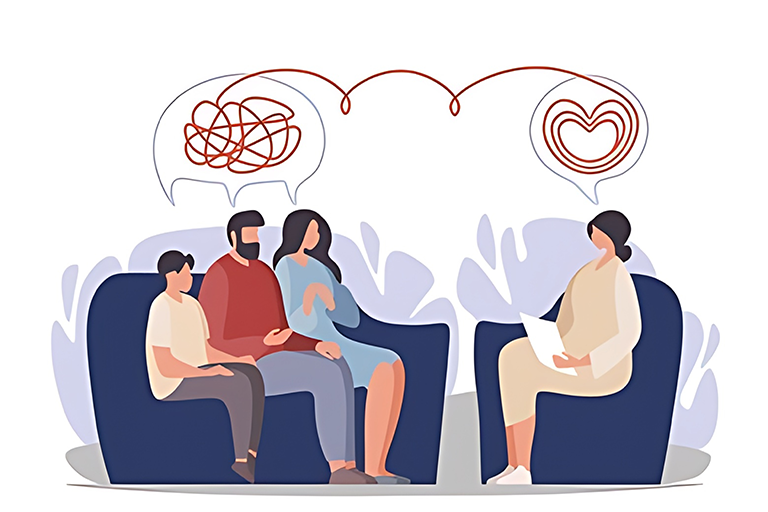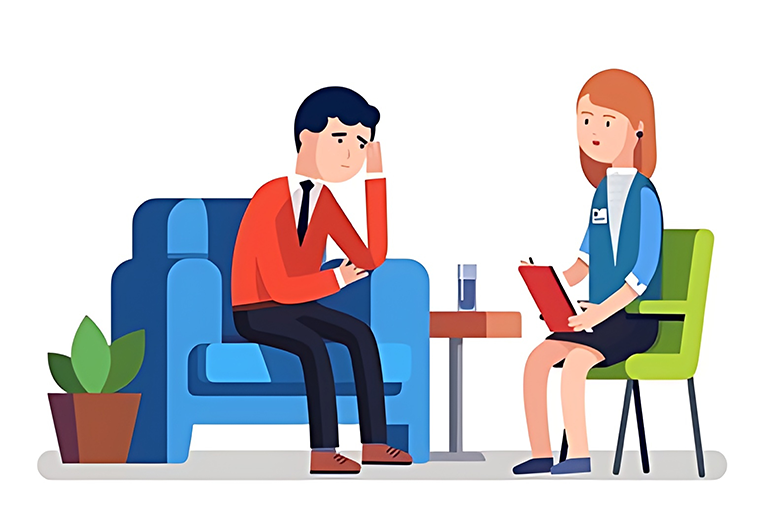Calming the Storm Within:
CBT Techniques for Anxiety : How CBT Can Help with Anxiety
Anxiety is like an unwelcome companion that many of us have met at some point in our lives. It’s that knot in your stomach before a big presentation, the racing heartbeat when facing a challenging situation, or the restless thoughts that keep you up at night.
At its core, anxiety is a natural response to stress or perceived threats. It’s your body’s way of saying, “Hey, pay attention, something’s not right here.” While a little anxiety can be motivating, excessive or persistent anxiety can become a problem.
Imagine your mind as a smoke alarm, and anxiety as the alarm going off. It’s alerting you to potential dangers, but sometimes, it gets a bit too sensitive and triggers even when there’s no real fire.
That’s when anxiety becomes a concern. It can interfere with daily life, leading to physical symptoms like muscle tension, irritability, and difficulty concentrating. Fortunately, there are various strategies, from mindfulness and relaxation techniques to therapy and medication, that can help you manage and reduce anxiety, allowing you to regain control and find a sense of calm in your life.
Anxiety Disorder
Anxiety disorder is more than just everyday worries or occasional nervousness; it’s a persistent and often overwhelming mental health condition. It encompasses a range of disorders characterized by excessive fear, worry, and apprehension that can interfere significantly with one’s daily life. Common anxiety disorders include Generalized Anxiety Disorder (GAD), Social Anxiety Disorder, Panic Disorder, and specific phobias.
In these conditions, anxiety takes on a life of its own, causing intense physical and psychological symptoms like rapid heart rate, sweating, trembling, and intrusive thoughts. What sets anxiety disorders apart is their chronic nature, as these feelings persist for six months or more.
The good news is that anxiety disorders are highly treatable, and Cognitive Behavioral Therapy (CBT) is often a frontline approach. CBT helps individuals recognize and challenge the negative thought patterns that fuel anxiety while teaching effective coping strategies. It empowers individuals to regain control over their lives, manage their symptoms, and find relief from the grip of anxiety.
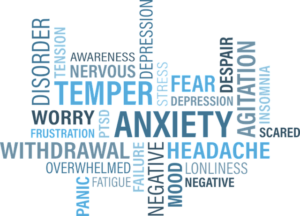
Some Major Indicators Of an Anxiety Disorder:
- Excessive Worry
- Restlessness
- Physical Tension
- Irritability
- Fatigue
- Difficulty Concentrating
- Sleep Problems
- Physical Symptoms
- Avoidance Behavior
- Negative Thinking
- Social Isolation
- Perfectionism
- Indecisiveness
Living with anxiety can feel like navigating a stormy sea, with waves of worry crashing over you. But there’s a lifeboat on the horizon known as Cognitive Behavioral Therapy (CBT). CBT is a powerful and evidence-based approach for managing anxiety that can help you regain control of your life.
Understanding Anxiety and CBT
Anxiety often stems from irrational thoughts and beliefs. CBT is like a detective, helping you uncover these unhelpful thought patterns. It teaches you to recognize when your thoughts spiral into negativity and how to challenge and replace them with more balanced and realistic ones.
Practical Coping Strategies
CBT equips you with a toolbox of practical strategies to face anxiety head-on. You’ll learn relaxation techniques to soothe your body’s physical response to stress. Breathing exercises can calm your racing heart, while progressive muscle relaxation eases tension.
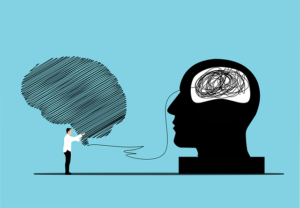
Exposure and Response Prevention
CBT gently exposes you to the situations or triggers that cause anxiety, helping you confront your fears in a controlled and gradual manner. Over time, this exposure reduces anxiety and teaches your brain that these situations are not as threatening as it once believed.
Building Resilience
CBT for anxiety isn’t just about managing symptoms; it’s about building resilience. It empowers you to cope with future challenges more effectively. You’ll develop problem-solving skills and learn to navigate difficult situations with confidence.
Customized Treatment
CBT is highly adaptable. Your therapy is tailored to your unique needs, whether you’re dealing with generalized anxiety, social anxiety, panic attacks, or specific phobias. Your therapist works with you to create a personalized treatment plan.

A Journey to Freedom: CBT Techniques for Anxiety
CBT for anxiety is like a compass guiding you toward calmer waters. It won’t make your anxiety vanish overnight, but with practice, it can significantly reduce its impact on your life. Over time, you’ll learn to manage anxiety, regain your confidence, and rediscover the joy of everyday living.
If anxiety is holding you back from the life you want, CBT could be your lifeline. It offers practical tools, support, and a path to a calmer, more fulfilling life. Remember, you don’t have to face anxiety alone; help is available, and you can take the first step toward a brighter future.
However, understanding anxiety from a rational perspective can be a key step in managing it effectively.
- Acknowledge Its Purpose: Anxiety is a natural response that evolved to keep us safe. It’s our brain’s way of alerting us to potential threats. While this “fight or flight” response was vital for our ancestors facing physical dangers, today, it can be triggered by more abstract concerns.
- Recognize Cognitive Distortions: Anxiety often thrives on distorted thinking patterns, like catastrophizing or overgeneralization. These irrational thoughts can make everyday situations seem dire. Recognizing and challenging these distortions can help you regain a rational perspective.
- Embrace Uncertainty: Anxiety often seeks certainty and control, but life is inherently uncertain. Accepting that not everything can be predicted or controlled is a vital step in rationalizing anxiety. It’s okay not to have all the answers.
- Mindfulness and Presence: Grounding techniques like mindfulness can help you stay in the present moment. Anxiety often arises from dwelling on the past or worrying about the future. By focusing on the here and now, you can gain a clearer perspective.
- Seek Support: Talking to a therapist or counselor can provide valuable insights and coping strategies. They can help you unravel the tangled web of anxiety and provide rational perspectives on your concerns.
You are not alone in this battle. Many individuals have faced and overcome anxiety, and so can you. It’s a process, and progress may be gradual, but every step forward brings you closer to a life where anxiety is a manageable companion, not a tyrant.
With the right tools and strategies, you can discover a newfound sense of freedom, confidence, and peace on your journey to conquer anxiety!
Learn more: Mental Health Awareness
& How is climate change affecting our mood and thus our mental health?
Bijoylaxmi Das, Mental Health Blogger, Your Confidant

